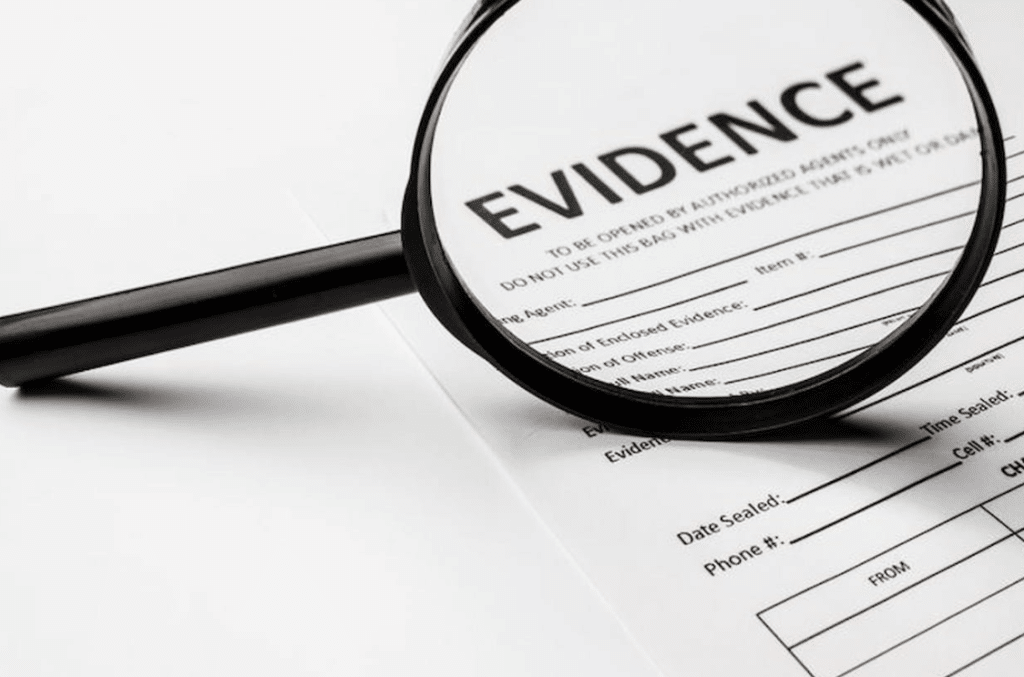VAWA Petition
VAWA Self-Petitioner
what is a VAWA Petition
…
vawa self petition requirements
…

Eligibility for VAWA Self-Petitions
…
…
•
•
•
How To Prove Your VAWA Case
…
Common Challenges Faced by VAWA Applicants
…
ASK AN IMMIGRATION ATTORNEY
Do not leave crucial decisions to chance. Allow an experienced Immigration Lawyer to skillfully guide you through the immigration process. If you have questions, we want to hear from you and answer your questions. Please submit your question below, and one of our legal professionals will respond to you soon.



